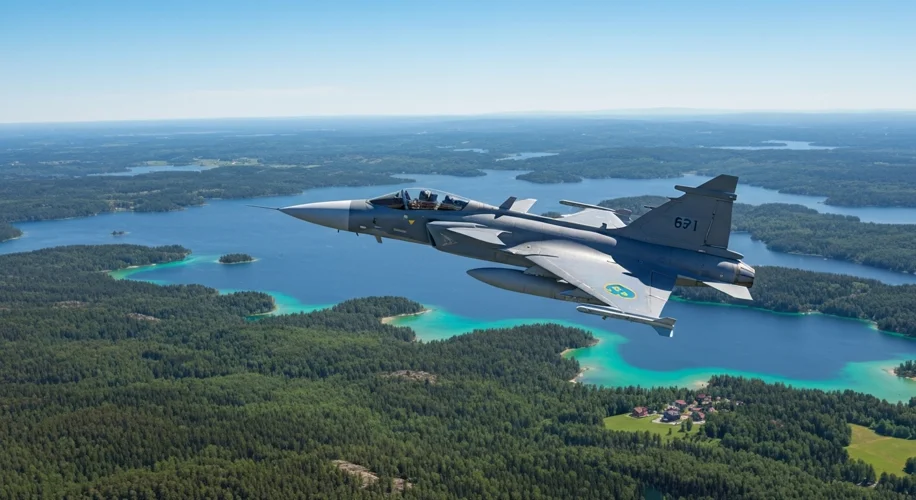In a world often defined by conflict and shifting alliances, Sweden has carved a unique path, consistently demonstrating a deep-seated commitment to international aid and security. This commitment is not a recent phenomenon, but rather a thread woven through centuries of its history, culminating in its present-day pledges of military support.
Sweden’s journey as a global supporter began long before the advent of modern international organizations. Rooted in a tradition of neutrality, the nation developed a strong humanitarian ethos. This was particularly evident in the post-World War II era, a period scarred by devastation and a renewed global focus on peace and reconstruction. Sweden, untouched by the direct ravages of the war, found itself in a position to offer substantial assistance.
One of the earliest and most significant expressions of this commitment was its substantial contribution to the United Nations. From its inception, Sweden was an active participant, contributing troops and resources to peacekeeping missions worldwide. The image of Swedish soldiers, often clad in distinctive blue helmets, became synonymous with impartiality and humanitarian aid. These forces were deployed to some of the world’s most volatile regions, undertaking missions that ranged from monitoring ceasefires to providing essential humanitarian services.

The early 1970s marked a significant expansion of Sweden’s international engagement. Under the leadership of Prime Minister Olof Palme, a charismatic and vocal advocate for global justice, Sweden significantly increased its foreign aid budget. Palme’s vision extended beyond mere humanitarian assistance; he actively championed the cause of developing nations and condemned colonialism and apartheid. Sweden’s stance on issues like the Vietnam War and the Israeli-Palestinian conflict, often critical of powerful nations, highlighted its independent foreign policy and its willingness to stand for its principles, even when unpopular.
This era also saw Sweden taking a more proactive role in security, albeit within the framework of its neutrality. While not a member of NATO during the Cold War, Sweden maintained a strong national defense, investing in advanced military technology, including its own fighter jet program, the JAS 39 Gripen. This robust defense was not solely for self-preservation but also served as a deterrent and a foundation for its contributions to international security. The Gripen, known for its versatility and advanced capabilities, has been a symbol of Sweden’s technological prowess and its ability to contribute sophisticated military assets to international operations.
The end of the Cold War brought new challenges and opportunities. Sweden, now a member of the European Union, continued to adapt its role. Its commitment to multilateralism remained steadfast, as evidenced by its participation in EU-led security missions and its continued support for NATO partnerships through the Partnership for Peace program. Sweden’s decision to join NATO in 2024 further cemented its commitment to collective security, marking a historic shift from its long-held policy of non-alignment.
Sweden’s pledges of military support today are a natural evolution of this historical trajectory. Whether contributing to UN peacekeeping operations, participating in EU-led battlegroups, or, more recently, offering significant military aid to Ukraine, Sweden consistently demonstrates a willingness to shoulder international responsibility. Its financial contributions to global development and humanitarian causes remain among the highest per capita worldwide. This multifaceted approach, encompassing humanitarian aid, development assistance, and military support, underscores Sweden’s enduring dedication to fostering a more peaceful and secure world.
From the blue-helmeted peacekeepers of the mid-20th century to the advanced Gripen fighter jets of today, Sweden’s international support has been a constant beacon. Its history is a testament to the idea that a nation, regardless of its size, can wield significant influence through a principled commitment to global well-being and security. This legacy of support, deeply ingrained in the national consciousness, continues to shape Sweden’s engagement with the world, promising a future where its role as a steadfast international partner endures.

